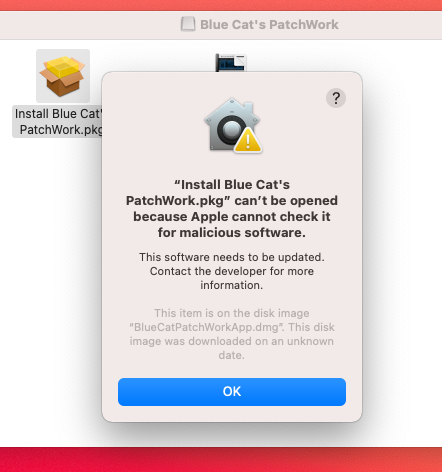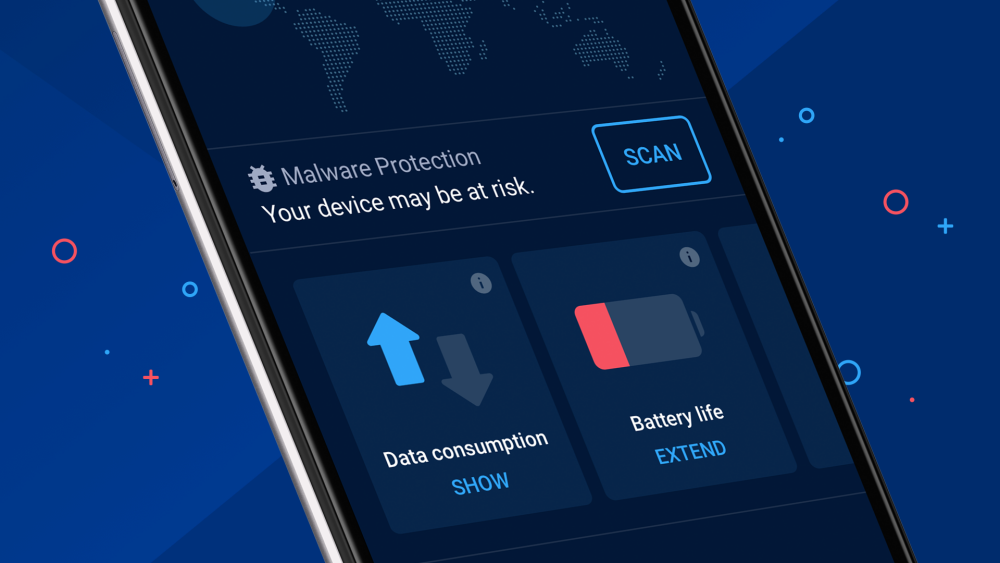
Spyware may land on your device through phishing, malicious email attachments, social media links, or fraudulent SMS messages.Īdvanced spyware, also known as stalkerware, is a step up. Spyware isn't always targeted and may be used in general phishing attacks. These generic forms of malware steal operating system and clipboard data and anything of potential value, such as cryptocurrency wallet data or account credentials. Instead, these malware packages are focused on illicit revenue generation by infecting machines and creating forced ad views or clicks.Īlso: How to protect and secure your password manager It interrupts your web browsing with pop-ups, changes your homepage or search engine settings, and may also gather your browsing data in order to sell it off to advertising agencies and networks.Īlthough considered malvertising, nuisanceware is generally not dangerous or a threat to your core security. Nuisanceware is often bundled with legitimate apps.

Spyware comes in many forms, and before you can tackle the problem, it's useful to know the basic differences. If you see inaccuracies in our content, please report the mistake via this form. If we have made an error or published misleading information, we will correct or clarify the article. Our editors thoroughly review and fact-check every article to ensure that our content meets the highest standards. Our goal is to deliver the most accurate information and the most knowledgeable advice possible in order to help you make smarter buying decisions on tech gear and a wide array of products and services. ZDNET's editorial team writes on behalf of you, our reader. Indeed, we follow strict guidelines that ensure our editorial content is never influenced by advertisers. Neither ZDNET nor the author are compensated for these independent reviews. This helps support our work, but does not affect what we cover or how, and it does not affect the price you pay.

When you click through from our site to a retailer and buy a product or service, we may earn affiliate commissions. And we pore over customer reviews to find out what matters to real people who already own and use the products and services we’re assessing. We gather data from the best available sources, including vendor and retailer listings as well as other relevant and independent reviews sites. ZDNET's recommendations are based on many hours of testing, research, and comparison shopping.


 0 kommentar(er)
0 kommentar(er)
